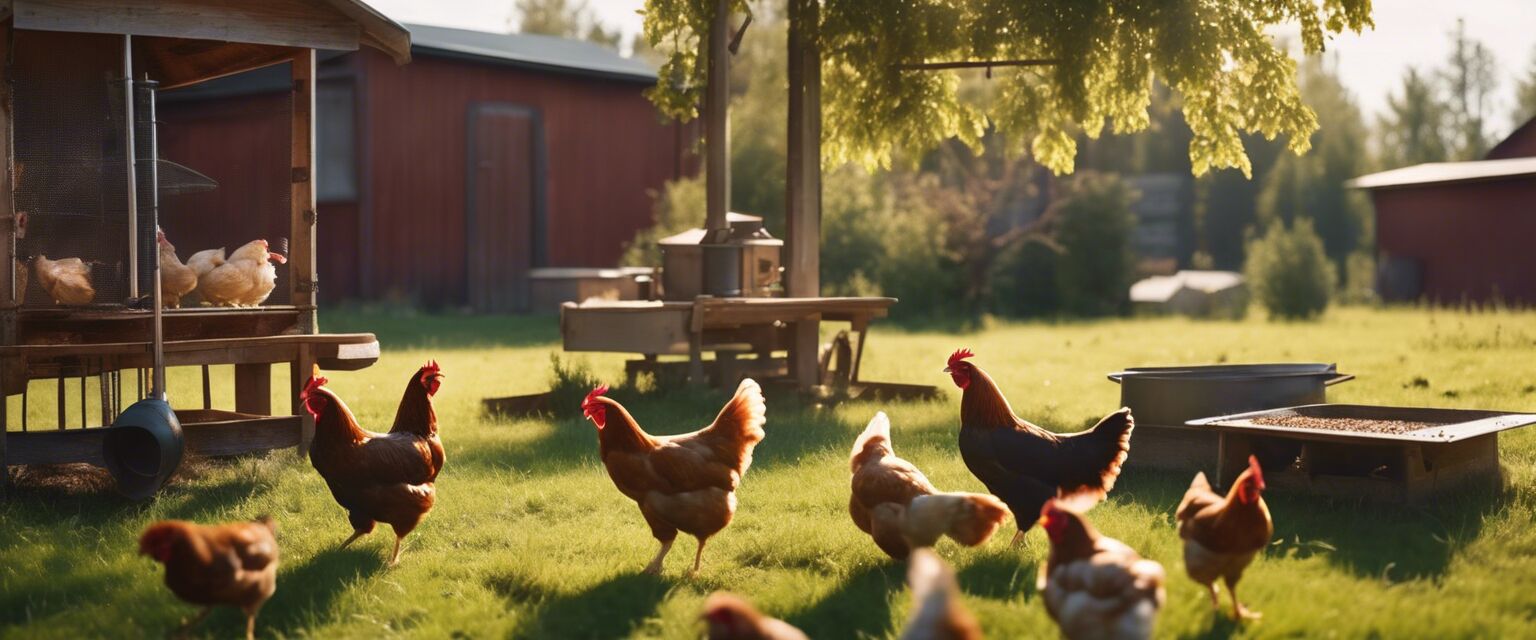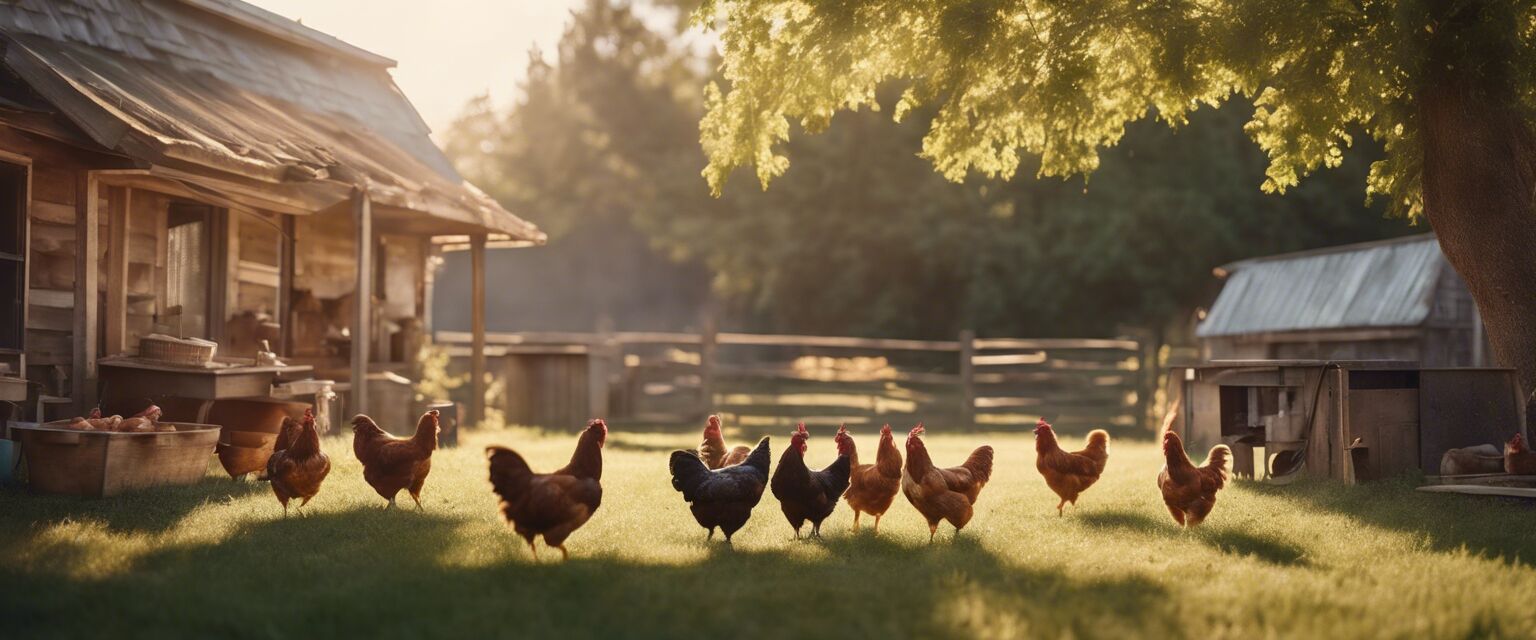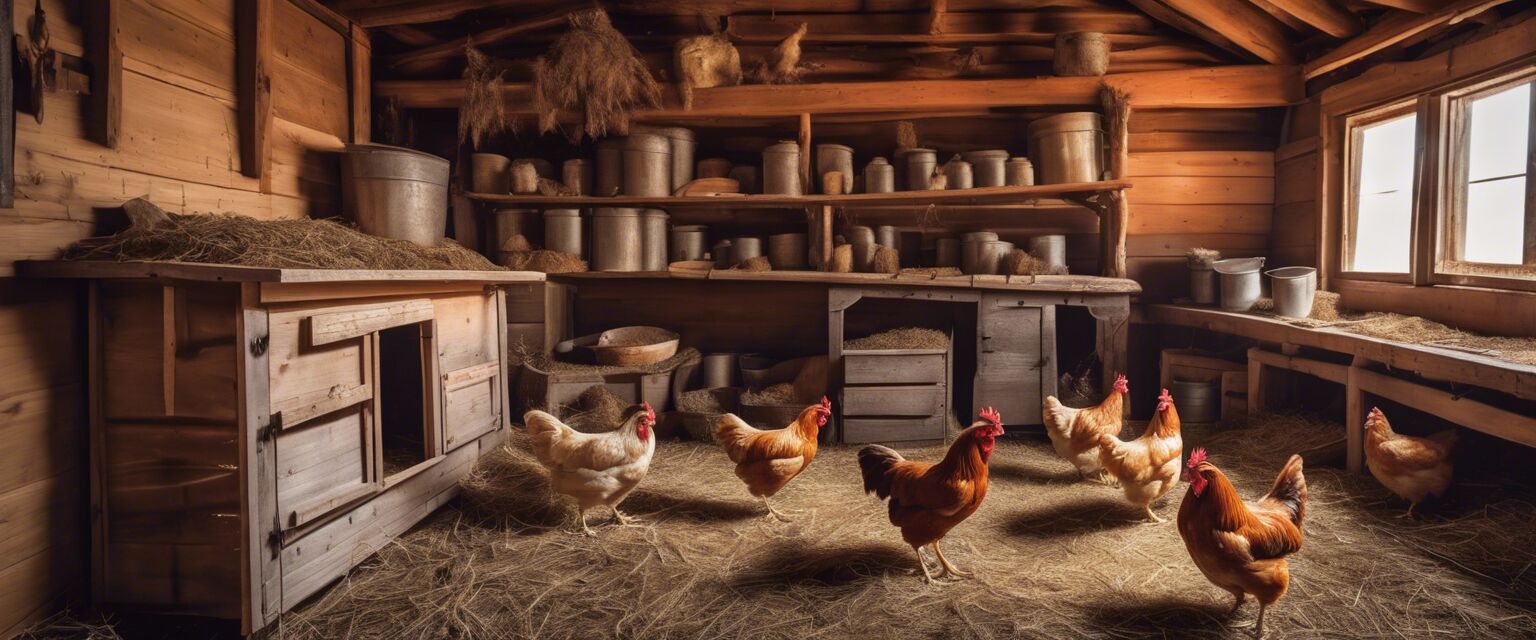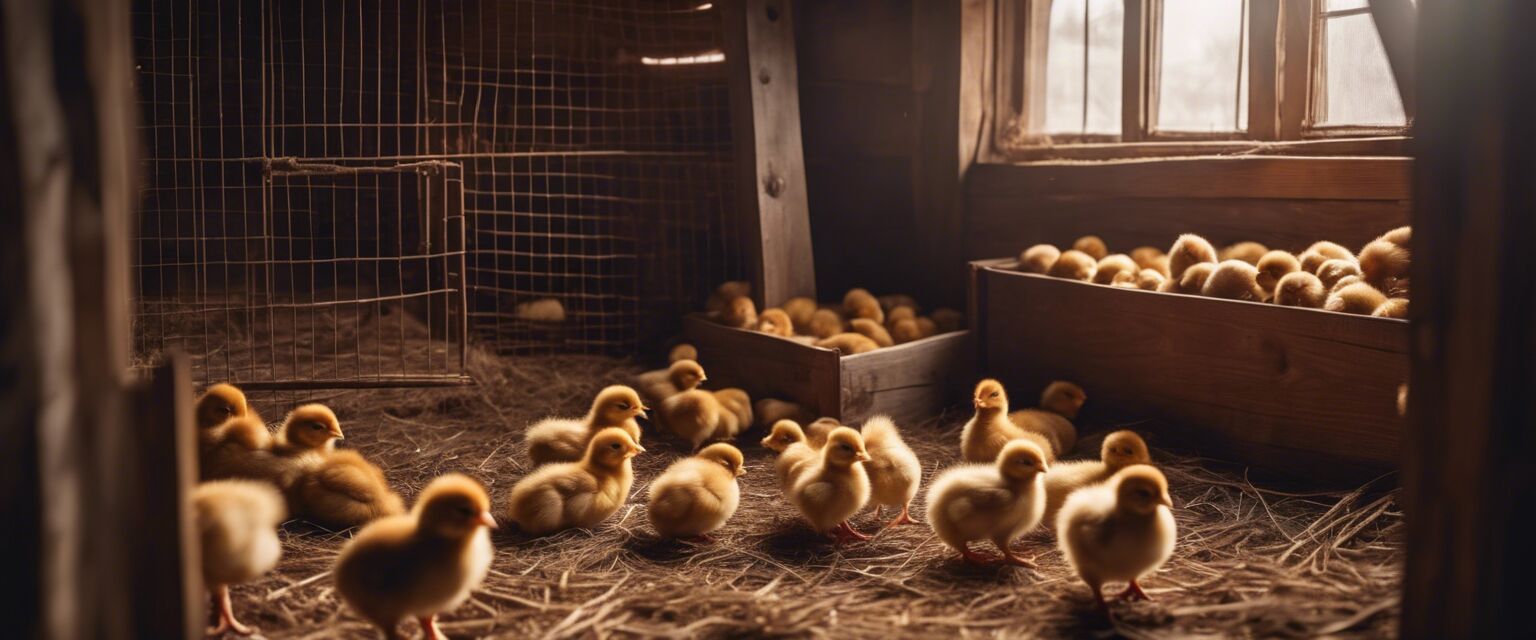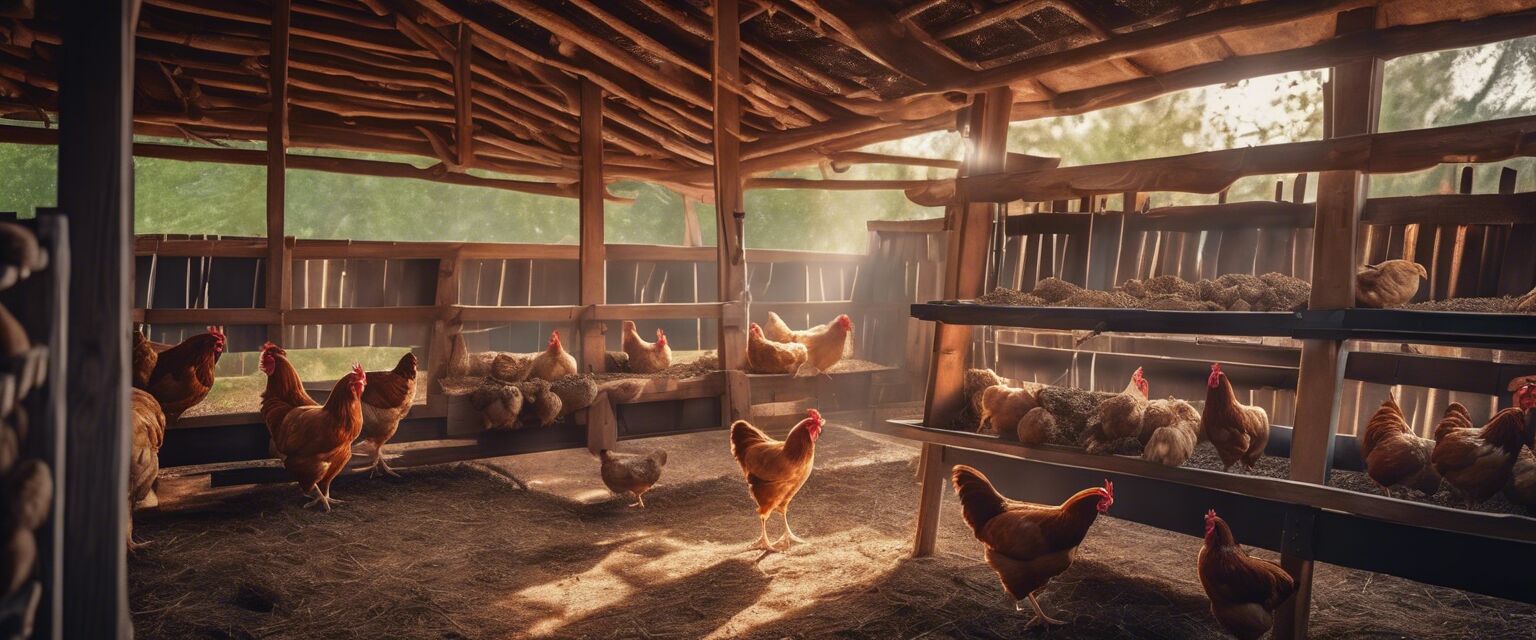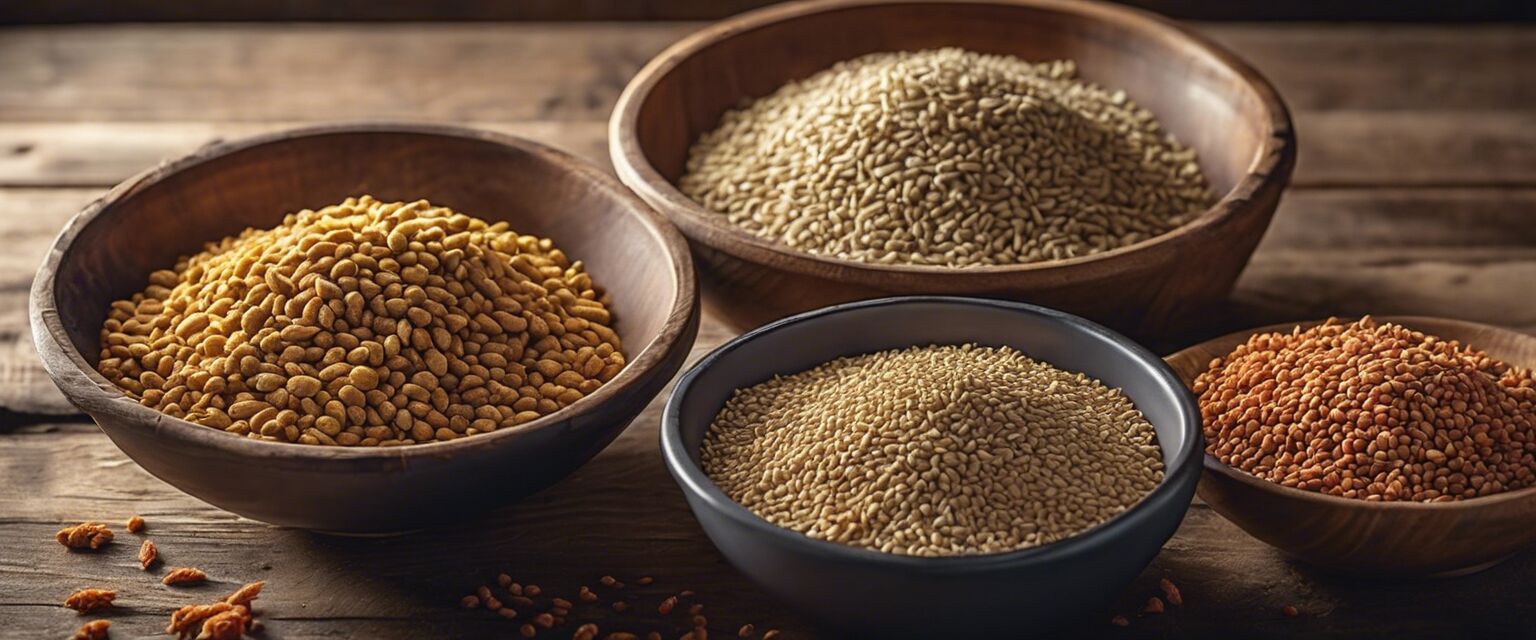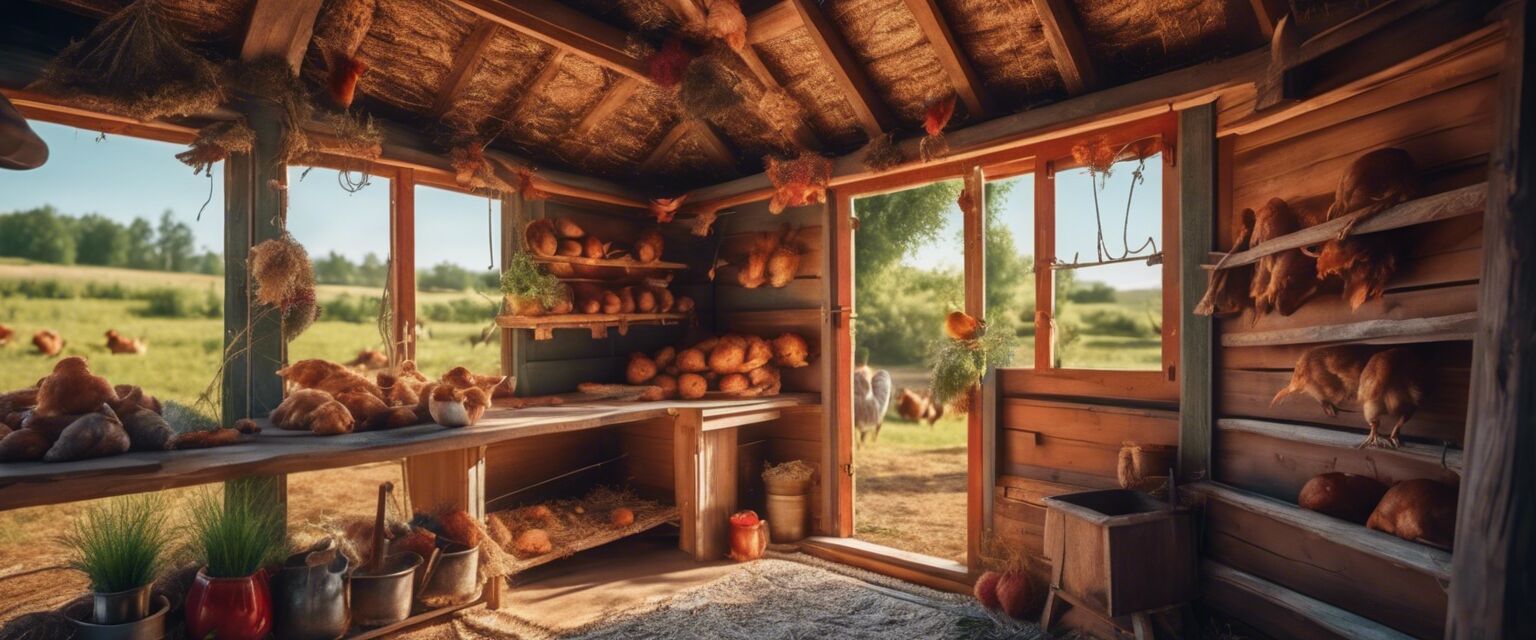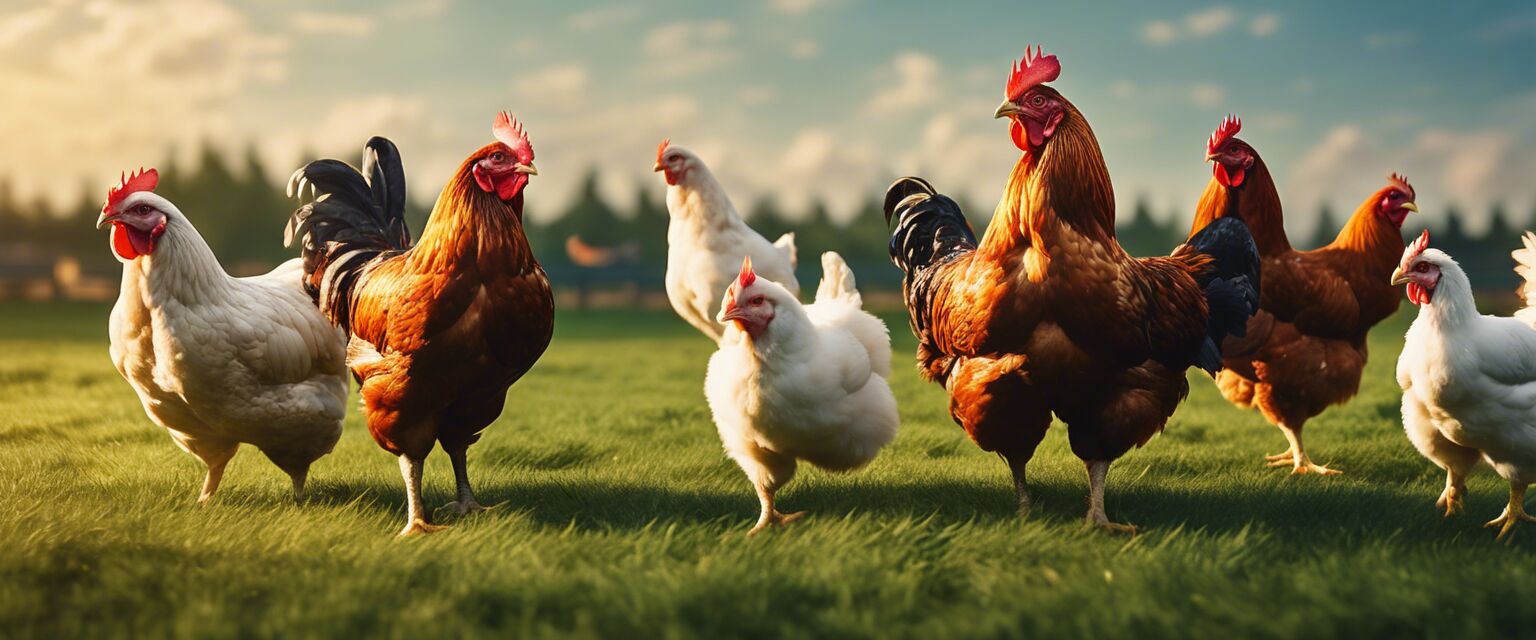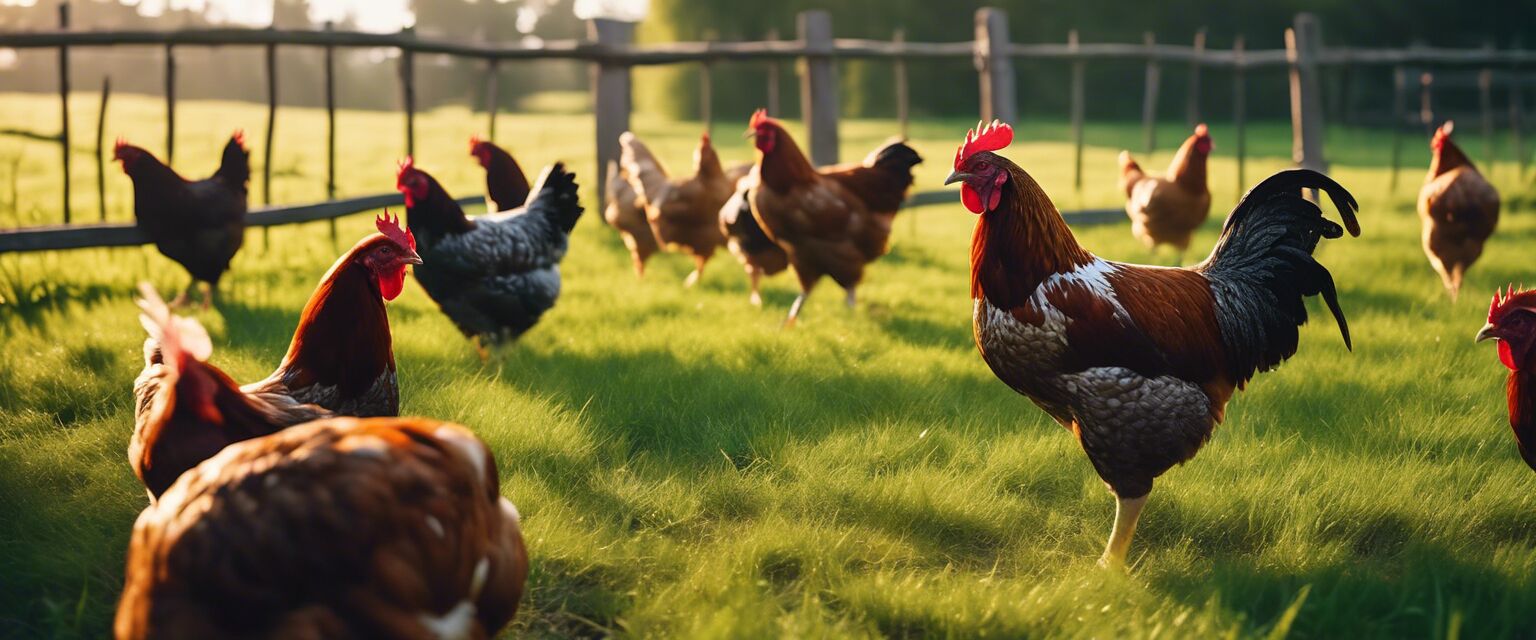
Free-Range vs. Contained Life
When it comes to raising chickens, the debate between free-range and contained life is one that every poultry enthusiast faces. Choosing the best chicken-rearing method affects not only the well-being of your birds but also the quality of the eggs and meat they provide. This article will delve into the advantages and disadvantages of free-range and contained life, offering a comprehensive comparison to help you make the best decision for your flock.
Key Takeaways
- Free-range chickens enjoy outdoor access, leading to healthier and more natural behaviors.
- Contained chickens are easier to manage and provide better protection from predators.
- Both methods have unique benefits and potential drawbacks that should be considered based on your goals as a chicken keeper.
Understanding the Terms
Before we dive into the comparison, letâs clarify what we mean by free-range and contained life:
- Free-Range: Refers to chickens that are allowed to roam outdoors for a significant portion of the day.
- Contained Life: Refers to chickens that are kept in a coop or enclosed space, with limited or no access to the outside.
Benefits of Free-Range Chickens
Free-range chickens have various advantages that can enhance the overall quality of life for the birds and the products they provide. Here are some of the main benefits:
- Natural Behavior: Free-range chickens can exhibit their natural behaviors, such as scratching, pecking, and foraging.
- Healthier Diet: They have the opportunity to consume a more varied diet that includes insects and plants.
- Better Egg Quality: Eggs from free-range hens are often considered healthier and more flavorful.
- Outdoor Space: Provides a greater sense of space and freedom for the chickens.
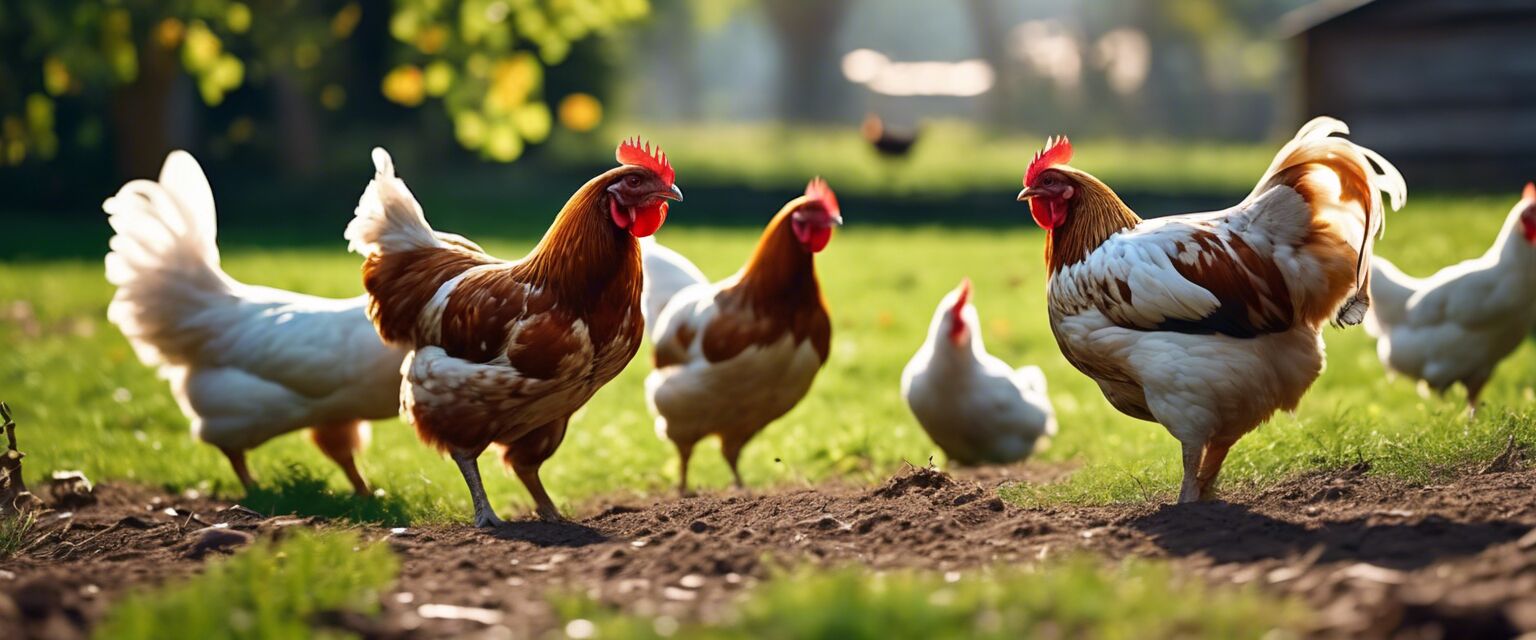
Potential Drawbacks of Free-Range
- Predator Risks: Free-range chickens are more susceptible to predators such as hawks and foxes.
- Health Concerns: They can come into contact with a variety of harmful pathogens.
- Land Requirements: Requires more land and space for grazing, which may not be feasible for everyone.
Benefits of Contained Chicken Life
On the other hand, contained chickens offer their own set of advantages that can cater to different needs and management styles:
- Security: Being in a contained environment protects chickens from predators and other hazards.
- Ease of Management: Easier to control diet, egg collection, and general cleanliness of the coop.
- Space Efficiency: More practical for smaller backyards or urban environments.
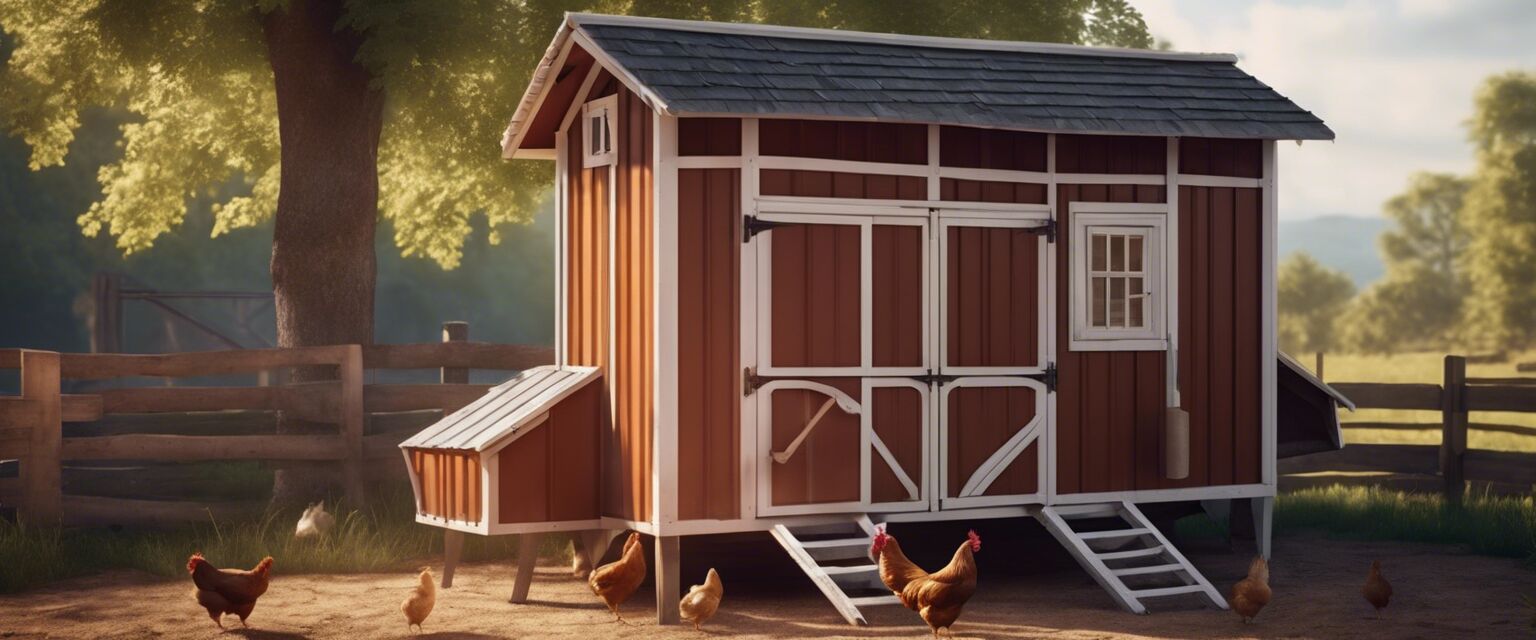
Potential Drawbacks of Contained Life
- Limited Freedom: Chickens may experience stress due to confinement and lack of natural behavior opportunities.
- Diet Limitations: They rely solely on provided feed, which may not be as varied or nutritious.
- Cost of Setup: Building a quality coop can be an initial investment and ongoing maintenance costs may arise.
Comparative Summary: Free-Range vs. Contained Life
| Factor | Free-Range | Contained Life |
|---|---|---|
| Space Requirements | More space needed for roaming | Compact, can fit in smaller areas |
| Egg Quality | Typically higher quality | Varies based on feed |
| Feeding | Natural foraging | Feed provided |
| Health Risks | Exposure to predators and pathogens | Less exposure to outside dangers |
| Management | Requires more monitoring | Easier to manage |
Conclusion
Choosing between free-range and contained life for your chickens relies heavily on your circumstances, goals, and values as a chicken keeper. Both methods have significant positives and drawbacks, ultimately leading you to select one based on the needs of both your flock and your lifestyle. Whatever option you choose, always ensure you are providing adequate resources and care for your chickens.
Pros of Free-Range Chickens
- Natural behaviors and more space
- Healthier diet with natural food
- Higher quality eggs with better taste
- Less feed required
Cons of Free-Range Chickens
- Increased risk of predation
- Potential health issues from the environment
- Requires more land
Pros of Contained Chickens
- More protection from predators
- Easier management and control
- Ideal for limited spaces
Cons of Contained Chickens
- Limited freedom for chickens
- Dependency on provided feed
- Higher initial setup costs
Explore More
To learn more about raising chickens, visit our detailed pages on various related topics:
